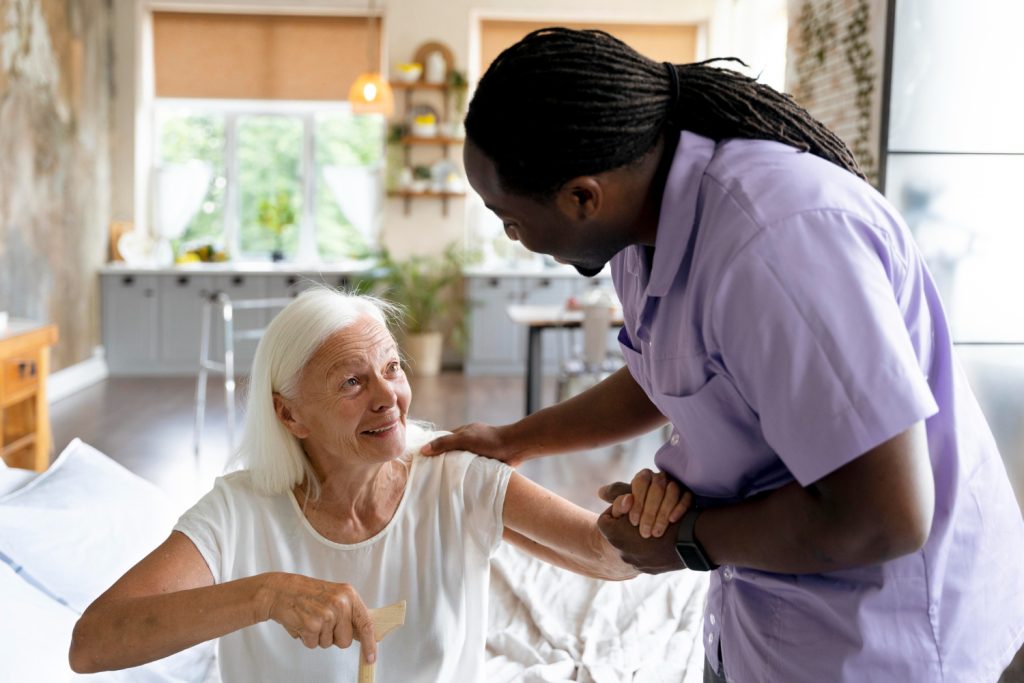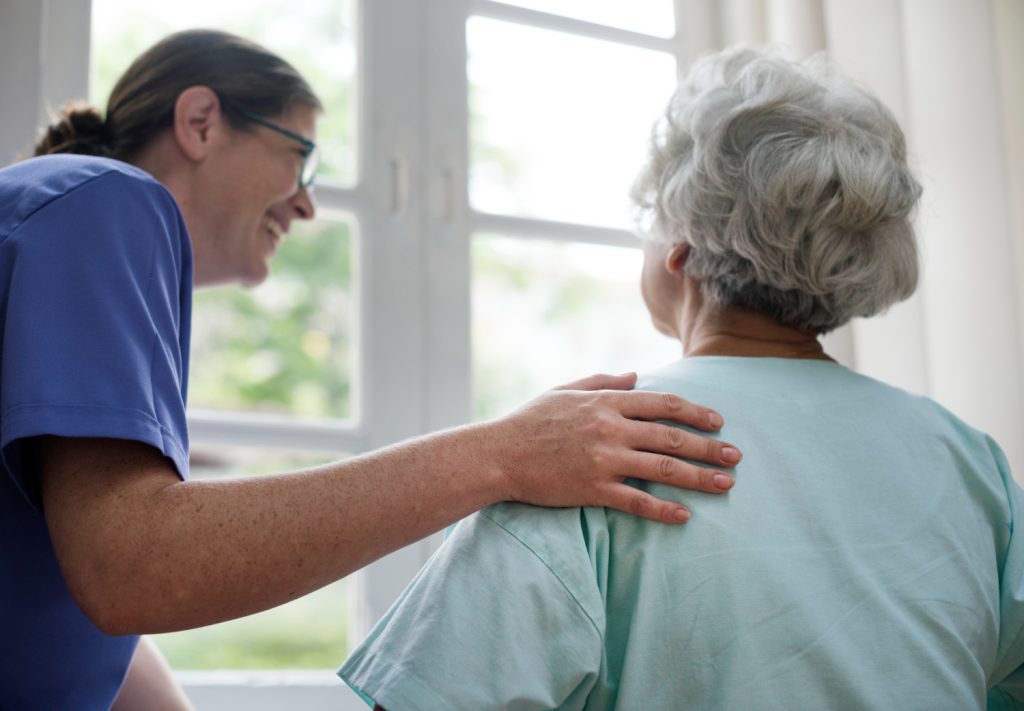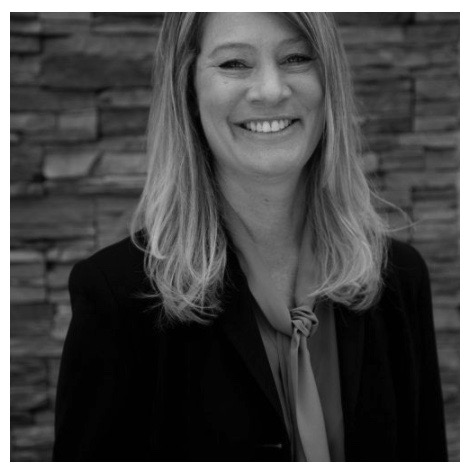What Does My Staff Need to Know to Care for the Elderly?
Many elders prefer aging in place. In fact, most of them choose in-home care support rather than nursing homes or assisted living. But as their needs change, safety concerns, getting around, and other activities of daily living grow. So they turn to senior care services to improve their quality of life and not worry about safety issues, among other reasons. Staff training is crucial to their overall quality of care.
Unfortunately, if statistics are anything to go by, many senior adults suffer at the hands of caregivers and other senior home staff. They’re hurt, neglected, isolated, among other things. World Health Organization reports that 1 in 6 people 60+ years experienced some form of abuse in senior living in 2020.
As the owner or manager of a senior living community, you must ensure that these elders get the care services they deserve. Not just for the reputation of your facility, but for compliance reasons. Every state has its regulatory requirements for senior living homes, and all stakeholders must understand them.
Staff training provides the easiest way to comply and meet the elder’s needs. It arms your staff with knowledge about:
- Healthcare laws
- Specialized operational systems
- Various conditions that are common to the senior adults

Understanding the unique needs of older adults
Older adults are faced with a range of physical, psychological, and social challenges due to age-related issues. As such, they need support in activities related to daily living, self-care & mobility, social activities & relationships, and mental health.
These adults also desire to cope with their illness while still living independently. However, environmental factors like lack of information on services like care pathways, lack of professional advice on self-care strategies, and poor communication & coordination of services get in the way of these efforts.
How senior living staff can help
The senior living staff has to help to this end. They can ensure that adults lead comfortable lives in living homes. First, however, they’ll need the training to better care for these adults while complying with the law.
Assisted living facilities often have different staff types, as shown below:
- Nursing assistants, orderlies, and attendants
- Registered nursing professionals
- Senior activities directors
- Maintenance and cleaning workers
- Food preparation personal
- Counselors or mental health coordinators
- Transportation personnel
The training may be specific to staff types or general. For example, support personnel may go through specific healthcare topics, but there are still common areas of training that all staff should be exposed to.
What your staff needs to know to care for the elderly
One of the greatest concerns in senior-living communities is the safety and well-being of its elderly residents. Regardless of their positions, your staff needs to be adequately trained on things like cognitive impairment, the aging process, infection control, fire and life safety, etc.
They should also learn about basic food safety, emergencies, and fall prevention. Training ensures that all members of staff react appropriately when necessary. It also ensures your facility complies with your state’s regulatory requirements.
Compliance aspects
All staff members should be trained on compliance aspects. They should know:
- How compliance programs work
- The facility’s regulatory compliance policies and procedures
- Who is responsible for compliance
- The regulatory standards that apply to the facility in terms of living accommodation and healthcare
- How to report and the process of informing responsible parties of noncompliance issues or lapses in regulatory requirements

Infection control and prevention
With approximately 1 to 3 million serious infections happening every year in skilled nursing assisted living and nursing homes, the importance of infection control and prevention can’t be overstated. Senior citizens are particularly vulnerable to infections and communicable diseases like COVID-19. With this training, your staff should be able to:
- Recognize the signs and symptoms of infectious diseases
- Know how the disease spreads and how to avoid spreading it
- Handle residents who’ve contracted the infection
- Handle contaminated equipment
- Perform infection control practices like washing or sanitizing hands, coughing to the elbow, wearing masks, etc.
- Get immunization
Lifesaving skills
You can also train your staff some basic lifesaving skills. At a minimum, teach them to perform first aid and CPR. This can be lifesaving, especially if you have at-risk seniors in your facility.
Cognitive training
If your senior living facility has residents with cognitive conditions like dementia, you should have training sessions for your staff about health complications, hydration, wandering, aggressive behaviors, dignity and sexuality issues, and sundowning.
Wellness and lifestyle
A lifestyle approach helps seniors improve their physical, spiritual, emotional, social, and intellectual well-being. Your staff should also learn about therapeutic interventions, activities, and communication.
Other residential training
You should train employees to know:
- How to call 911
- How to care for persons with diseases like diabetes, pressure ulcers, cancer
- How to offer personal care and feeding assistance
- How to care for bedridden residents
- Food safety
- End of life
- Effects of medications
- Dignity and sexuality issues
- Special care needs of the elderly
Management training
Your management team should know the following.
- How to have successful inspections
- Leadership approaches used to manage a facility
- The legal issues of end-of-life care
- Embrace professional development
- Long term care requirements
- Ways of coping with caregiver and workplace stress
- Components of a quality improvement program and ongoing monitoring
- Report incidences
- Manage responsibilities and expectations of caregivers and daily duty reporting
- The importance of staff education and training
- Sufficient staffing
- Working with family
- Safe medication storage
- How to put all skills into action
- How to match the staff skills to resident needs
Staff training is a great way to care for adults and stay compliant with the regulations. But unless you keep track of all the training your staff gets, you might never realize its full impact. Tracking staff training can give you a clear picture of where you stand. It also provides data to help make informed business decisions for a better future.

Track staff training
A lot of work and resources go into staff training. But unless you track your work, your efforts might go to waste. By tracking your staff training, you can:
- Analyze statistics (who took what course, how many people were trained, and the average score) ad monitor learners’ progress.
- Determine whether the training offers a good return on investment (ROI).
- Ensure that all staff members have received compulsory compliance training.
- Document everything that’s happening as you create a learning culture in the facility
There are different ways to track staff training. Here are a few examples.
- Learning Management System (LMS) allows you to plan, implement and assess a specific learning process. With an LMS, you can upload all training materials, manage content and assign them to staff. The system also gathers data on the training process and automatically creates the necessary reports for you.
- Training Management System (TMS) is software for managing instructor-led training programs. It is built to be the center of your entire training operation. It allows you to manage all the aspects of your senior facility from the system and integrate other tools. This way, you can have a complete view of the training in one place.
- Excel and Google spreadsheet provides a free way to track and document all training. You can track training completion rate, pass/fail rate, and post-event survey results with these sheets.
Staff training is easier with the right business system, and with the suggestions above, you should have an easier time navigating the process. If you’re having a hard time implementing these systems in your senior living home, we can help. Get in touch with us today.

Sheri Bruemmer is a seasoned industry expert with expertise in growing and managing operations that support assisted living, adult foster care, and homes for the aged communities. Sheri is a certified Gerontologist, licensed Assisted Living Director, and licensed nurse as well.